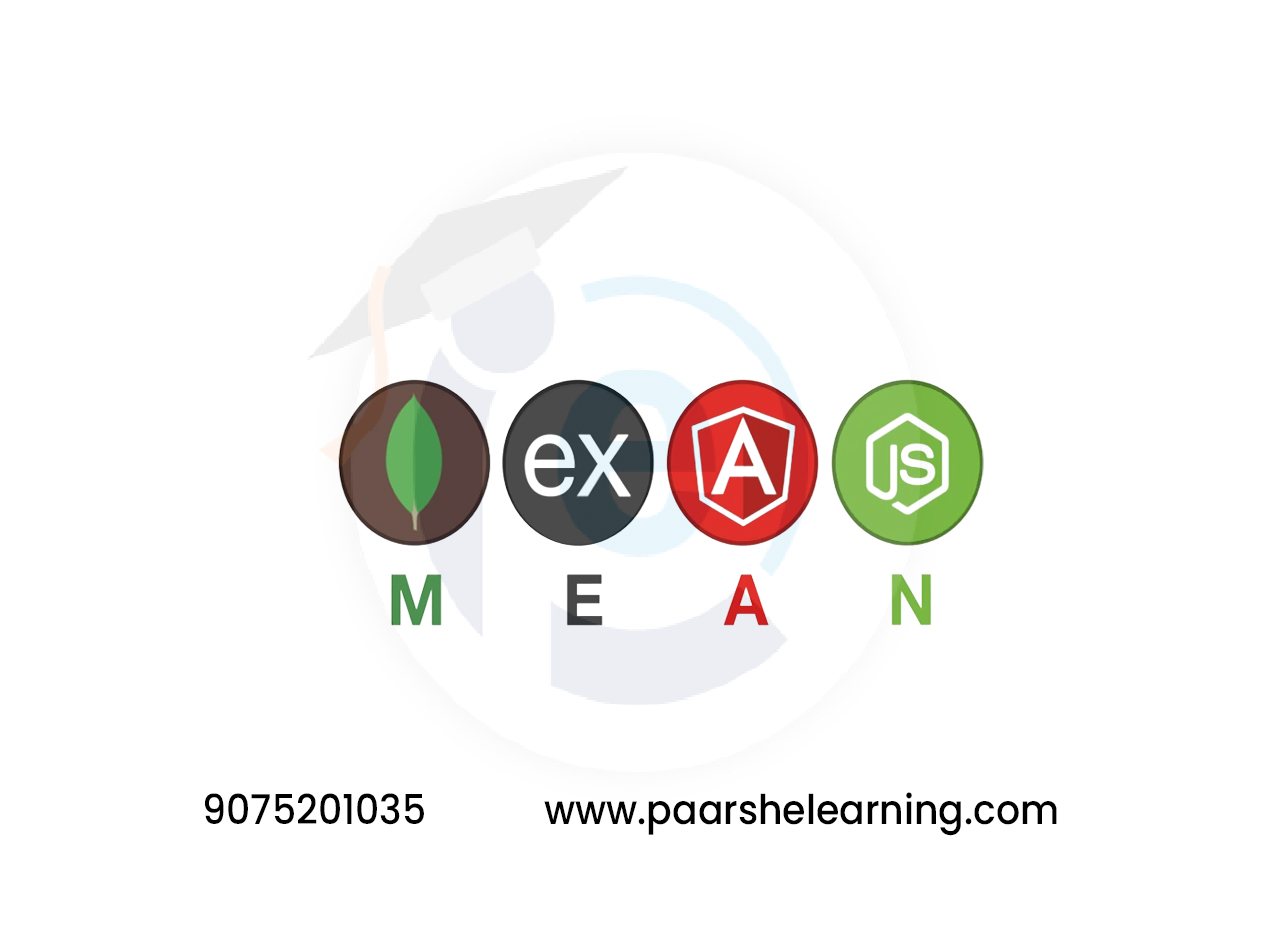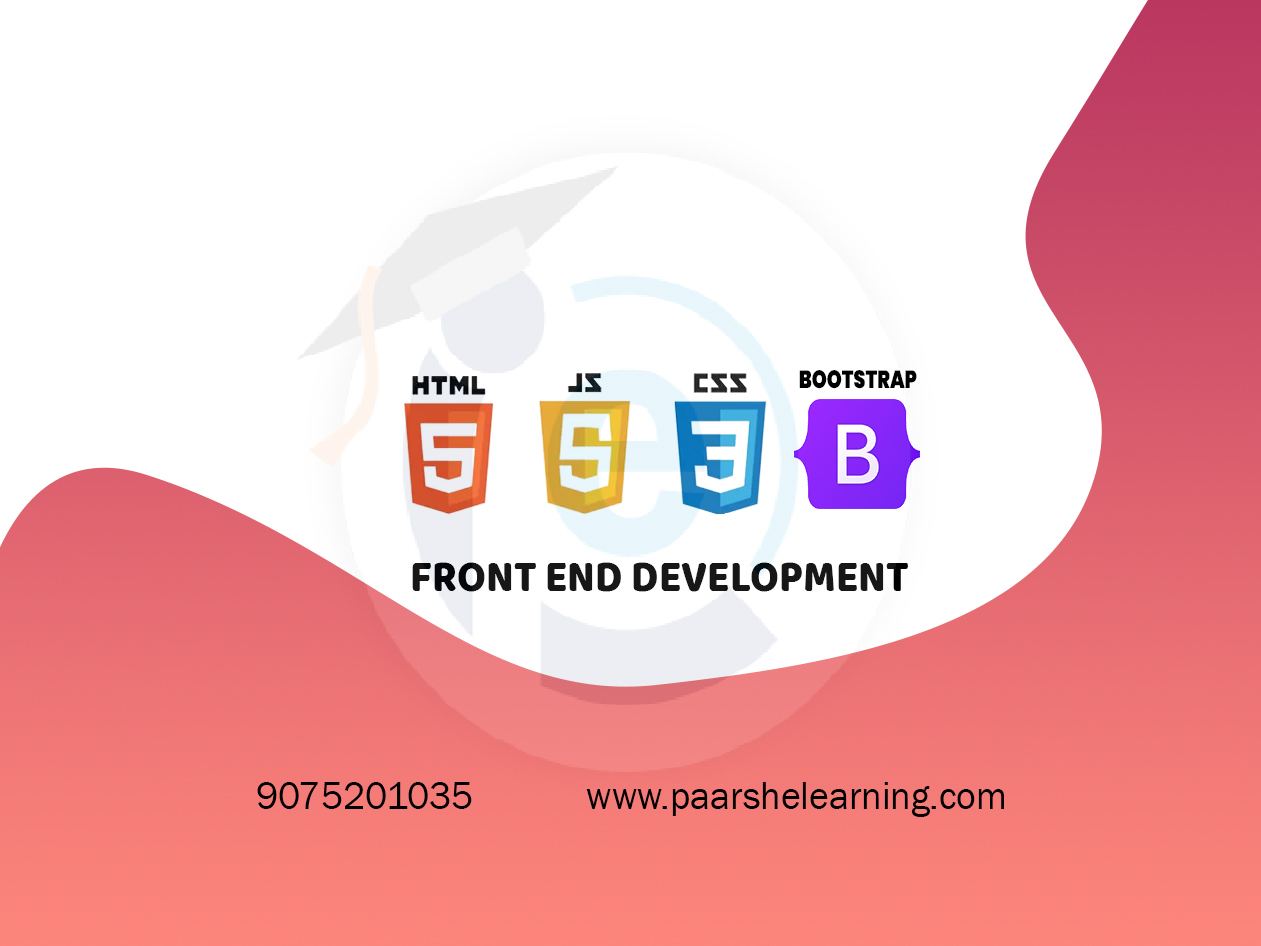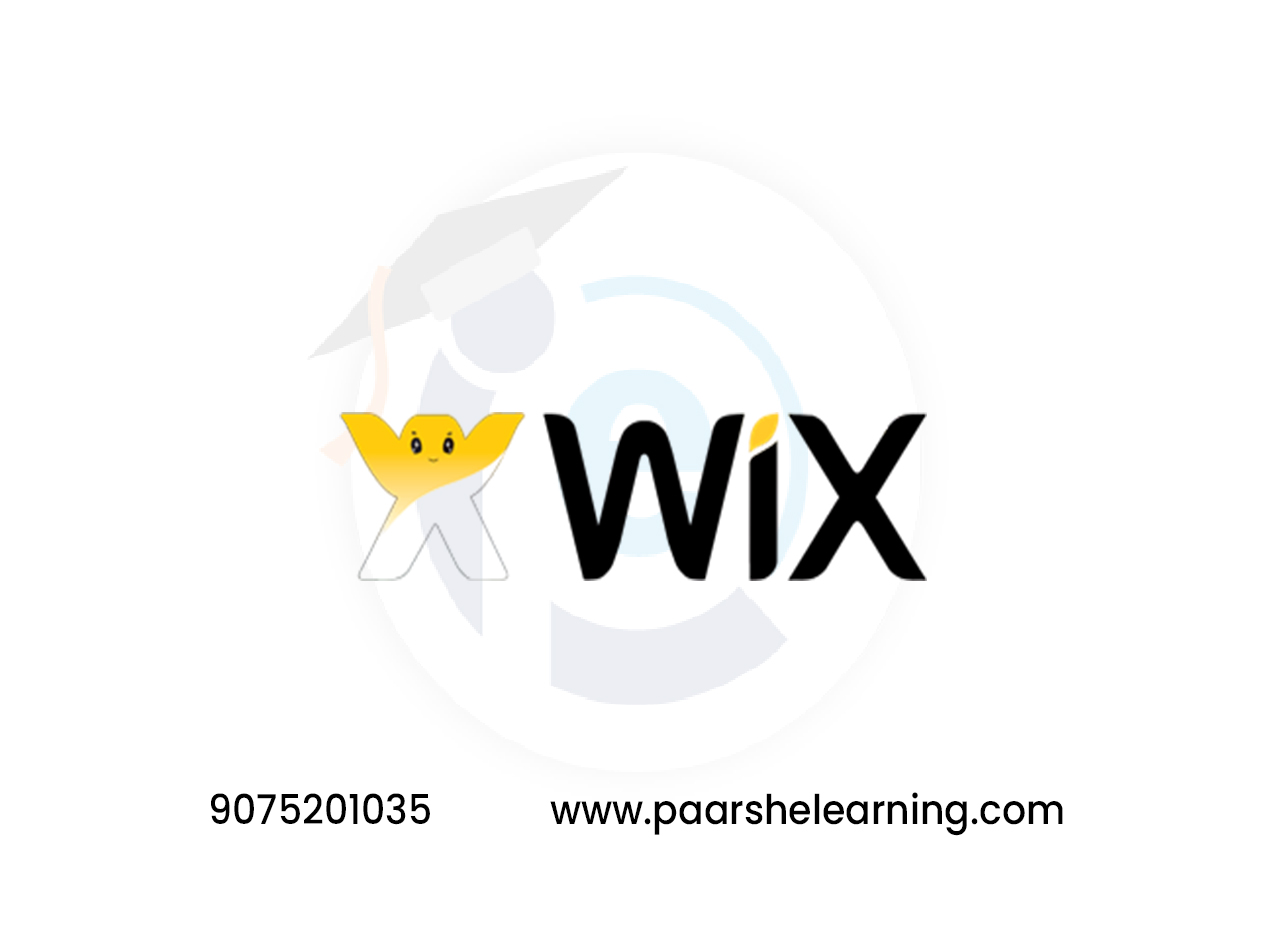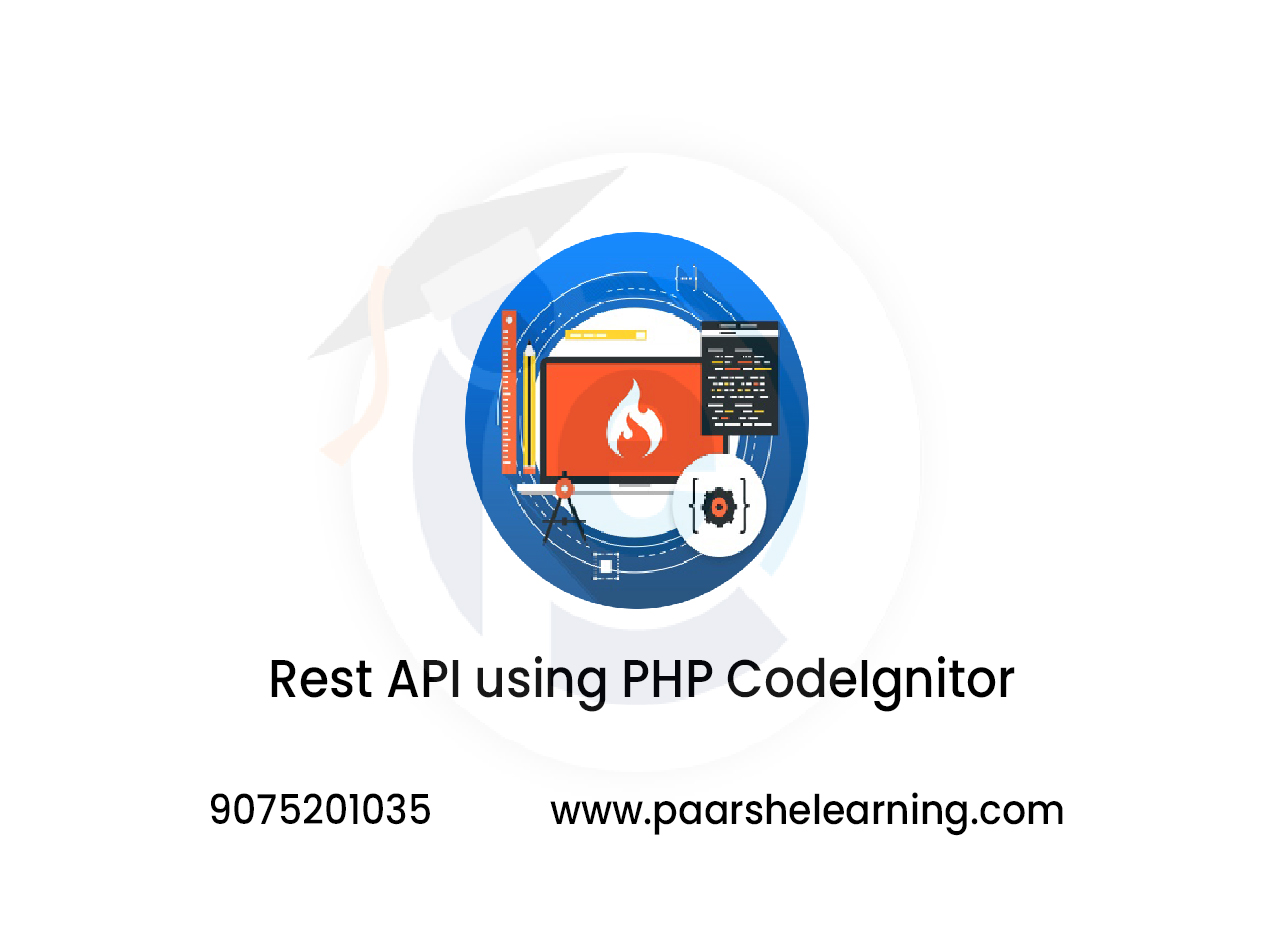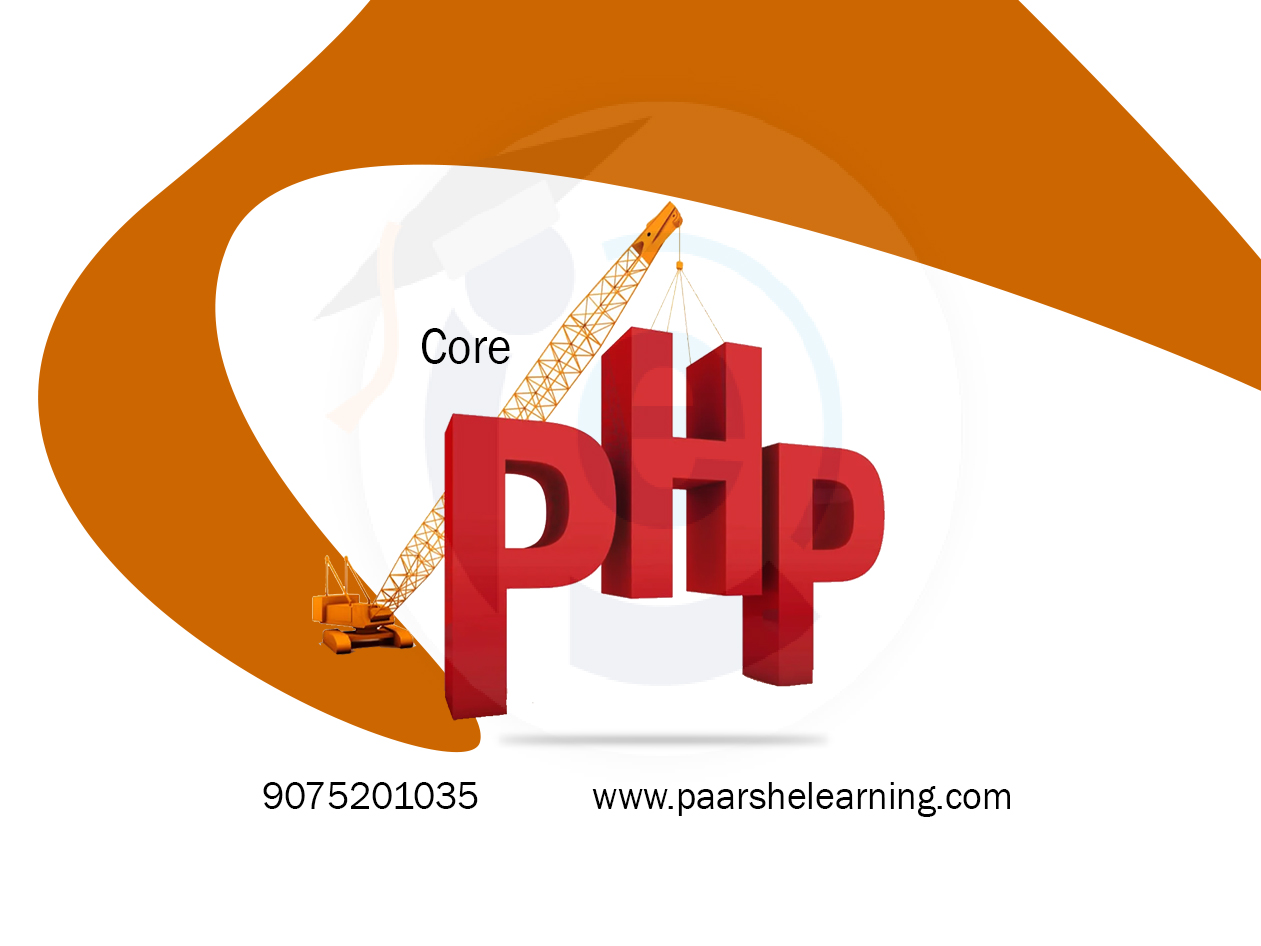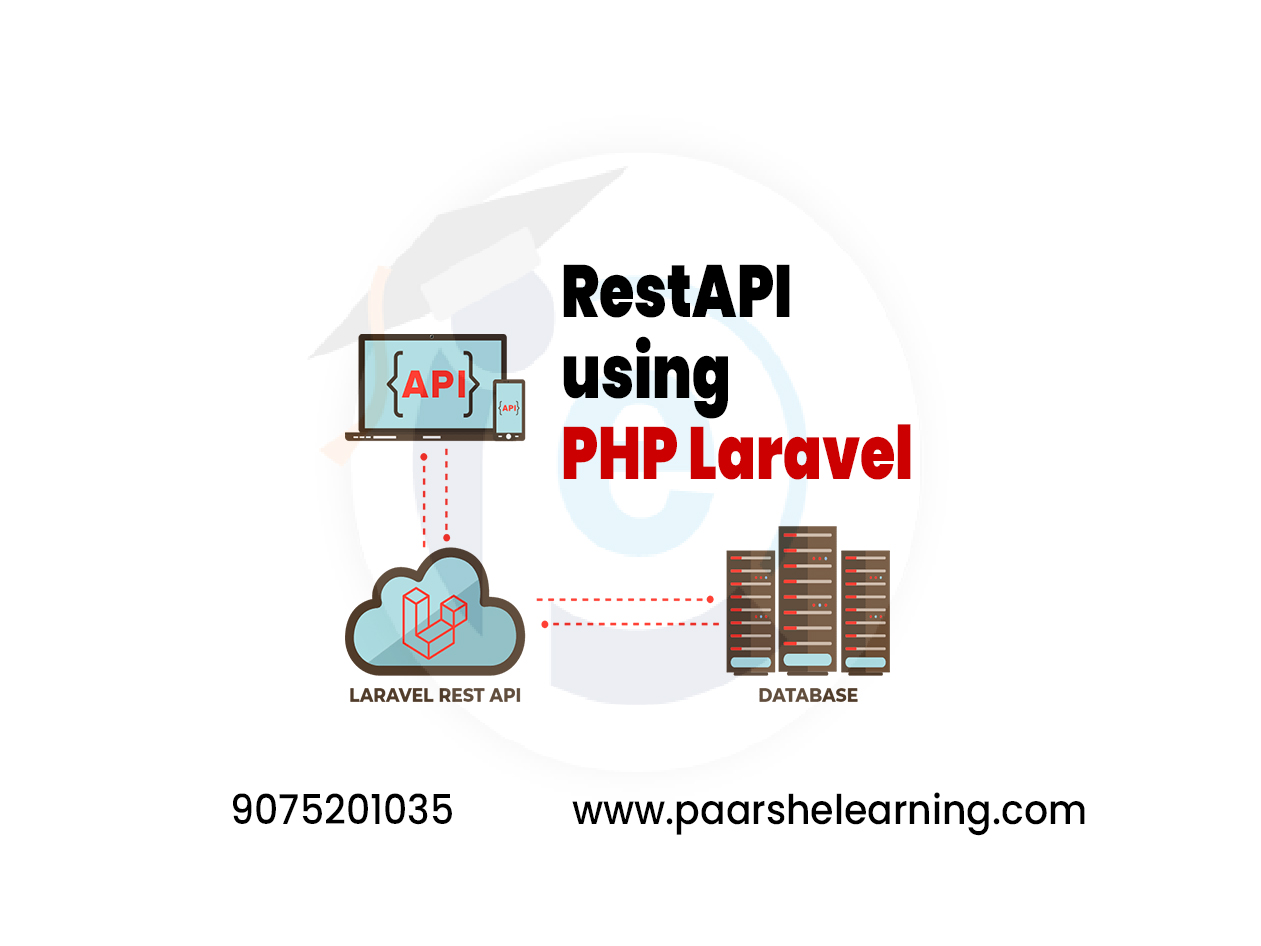- Understanding the fundamentals of NoSQL databases and how to work with MongoDB.
- Understanding the basics of Node.js and Express and how to build server-side web applications and APIs.
- Understanding the fundamentals of Angular and how to build dynamic and interactive web pages.
- Understanding how to integrate MongoDB with Express to build robust full-stack web applications
- Understanding how to deploy, scale, and monitor a MEAN stack application in a production environment
- Understanding how to use third-party libraries and frameworks to enhance a MEAN stack application's functionality
MEAN Stack Development (MongoDB, Express.js, Angular, NodeJS)
Course description
MEAN Stack Development refers to building web applications using a combination of MongoDB, Express.js, Angular, and Node.js. Each component of the MEAN stack provides specific functionality for developing different parts of the application. Here's an overview of each component:
-
MongoDB: MongoDB is a NoSQL database that stores data in a flexible, JSON-like format called BSON. Learn how to work with MongoDB to define collections and documents, perform CRUD operations (Create, Read, Update, Delete), and utilize features like indexing and aggregation.
-
Express.js: Express.js is a web application framework for Node.js that simplifies the process of building web applications and APIs. Learn how to create routes, handle HTTP requests and responses, and implement middleware for tasks such as request parsing, authentication, and error handling.
-
Angular: Angular is a TypeScript-based front-end framework for building dynamic and responsive web applications. Learn how to create components, define templates and data binding, implement routing, handle forms, and user input, and consume APIs to retrieve and display data.
-
Node.js: Node.js is a JavaScript runtime built on Chrome's V8 JavaScript engine. It allows you to run JavaScript on the server side. Learn how to build the back-end of your application using Node.js, handle server-side logic, interact with databases, and implement RESTful APIs.
When learning MEAN Stack Development, here are the key areas to focus on:
-
JavaScript and TypeScript: Develop a strong understanding of JavaScript and TypeScript, as they are the core languages used in the MEAN stack. Learn about variables, data types, control structures, functions, and object-oriented programming concepts.
-
MongoDB and NoSQL Concepts: Understand the fundamentals of MongoDB and NoSQL databases. Learn how to install MongoDB, create databases and collections, perform CRUD operations, and work with data structures like JSON and BSON.
-
Express.js Framework: Learn the Express.js framework and its features for building web applications and APIs. Understand how to create routes, handle middleware, implement authentication and authorization, and handle errors and exceptions.
-
Angular Framework: Familiarize yourself with the Angular framework for front-end development. Learn how to create components, templates, and data bindings. Explore Angular's module system, routing, form handling, and integration with external libraries and APIs.
-
Node.js Fundamentals: Develop a solid understanding of Node.js and its core modules. Learn how to set up a Node.js project, handle server-side logic, interact with databases, and implement RESTful APIs using frameworks like Express.js.
-
Full Stack Development: Learn how to integrate the different components of the MEAN stack to build end-to-end web applications. Understand how to connect Angular with the Express.js back-end, consume APIs, handle authentication and authorization, and perform data operations with MongoDB.
-
Deployment and Hosting: Learn how to deploy and host MEAN stack applications. Understand how to configure servers, set up databases, handle security considerations, and manage the deployment process effectively. Explore deployment options such as using cloud platforms like AWS or deploying to a PaaS provider like Heroku.
What you will learn from this course?
This course includes!
- Daily Live session
- A recorded session with problem-solving material
- Access on Mobile and TV
- Certificate of completion
- Recommendation Letter
- 100% Job Placements
This course is for
- Web Developers: Front-end and back-end developers who want to learn how to build scalable, robust, and dynamic web applications using MEAN stack technologies.
- Full-stack Developers: Developers who want to expand their knowledge of full-stack development and learn how to build applications using the MEAN stack.
- IT Professionals: IT professionals who want to enhance their skills in web development and learn how to build MEAN stack applications.
Prerequisites for this course
- Basic Programming Knowledge: You should have a basic understanding of programming concepts like variables, data types, loops, functions, and conditionals.
- HTML, CSS, and JavaScript: You should have a good understanding of HTML, CSS, and JavaScript as these are the building blocks of web development.
- Node.js: You should have a basic understanding of Node.js, which is a platform for building server-side applications.
- MongoDB: Basic knowledge of MongoDB, a NoSQL database, is also useful as MEAN Stack courses use it for data storage.
Mean Stack Development (mongodb, Express.js, Angular, Nodejs) Syllabus
-
Introduction To Mean Stack
Overview of MEAN stack components Understanding the role of MongoDB, Express.js, Angular, and Node.js Setting up the development environment
-
Introduction To Mongodb
Overview of MongoDB and NoSQL databases Installing and configuring MongoDB Creating databases and collections CRUD operations using MongoDB
-
Building Restful Apis With Express.js
Introduction to Express.js framework Setting up an Express.js application Creating routes and handling HTTP requests Implementing CRUD operations using Express.js and MongoDB
-
Front-end Development With Angular
Introduction to Angular framework Creating Angular components, templates, and services Data binding and event handling in Angular Setting up routing in Angular applications
-
Advanced Angular Concepts
Working with forms and input validation Using Angular modules and dependency injection Implementing HTTP requests and consuming RESTful APIs Implementing reactive programming using RxJS
-
Node.js And Back-end Development
Introduction to Node.js Setting up a Node.js application Handling asynchronous operations with callbacks and Promises Building back-end APIs using Node.js and Express.js
-
Integrating Angular With Express.js And Mongodb
Connecting the front-end (Angular) with the back-end (Express.js) Implementing authentication and authorization Using JSON Web Tokens (JWT) for secure communication Storing and retrieving data from MongoDB
-
Deployment And Final Project
Deploying MEAN stack applications to hosting environments Managing different environment configurations Building a complete MEAN stack web application Final project: Developing a fully functional web application using the MEAN stack
-
Paarsh E-Learning encourages hands-on practice, assignments, and projects throughout the course to reinforce students' understanding of MEAN stack development. Assign practical exercises that involve building interactive web applications, integrating front-end and back-end components, and working with MongoDB, Express.js, Angular, and Node.js. Cover both theoretical concepts and practical applications to provide a well-rounded learning experience.
